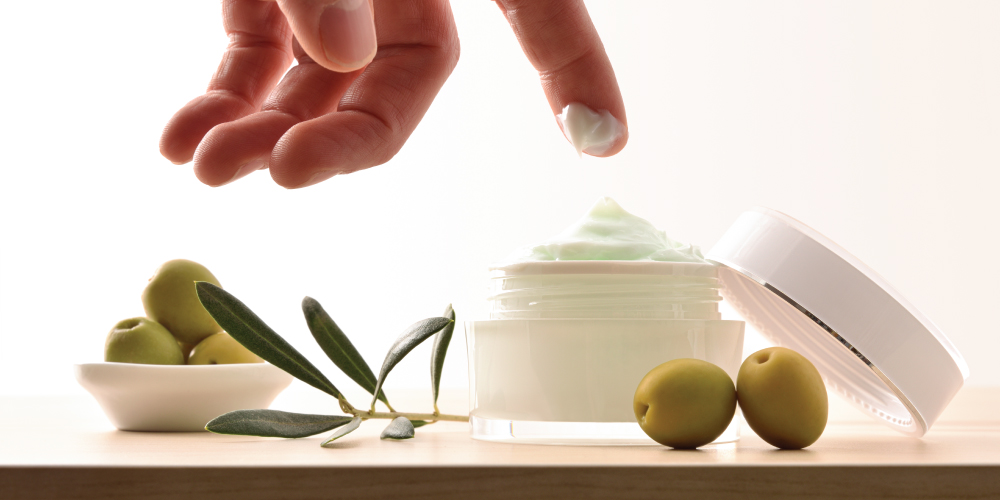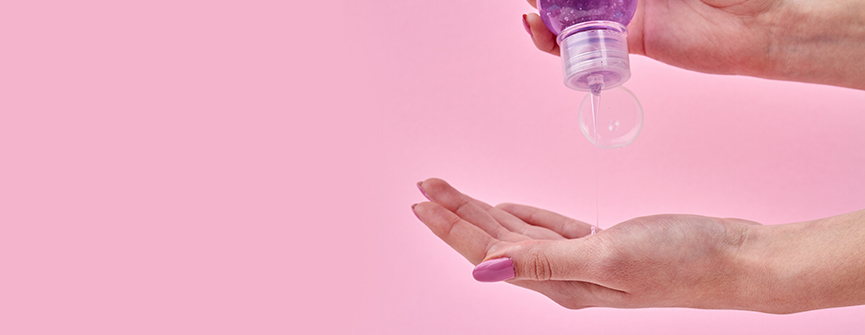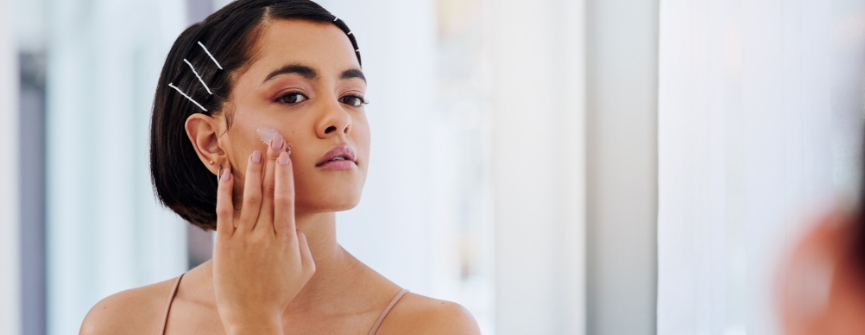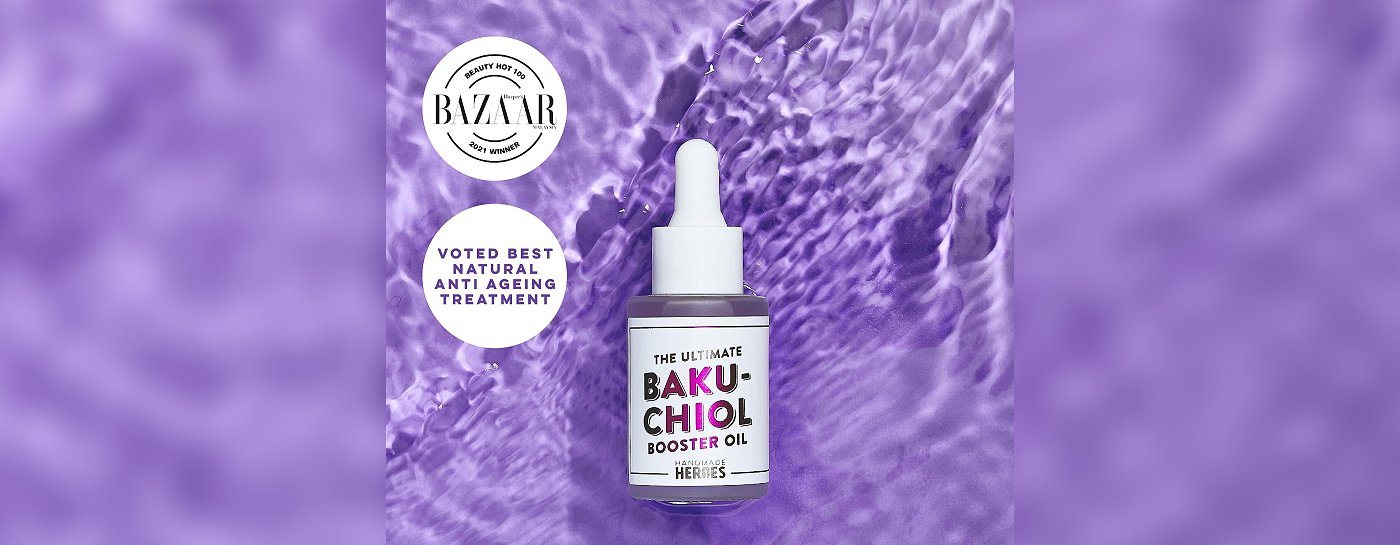Silicone in Personal Care: Journey to Sustainable Alternatives
Despite the widespread use of silicone in the personal care industry, customers have become well aware of the side effects of silicone in skincare products and its negative impact on the environment. As a result, the current consumer group tends to avoid using silicone in skincare products.
Silicone Functions in Skincare Products:
Enhanced Skin Touch: Silicone reduces stickiness with a silky feel and improves the spread ability of cosmetic products.
Filling Pores and Fine Lines: Silicones are used in primers, setting powders and foundations to fill in pores and fine lines, achieving a pore-minimizing effect.
Smoothness in Hair Care Products: Adding silicone to shampoos can make hair feel smoother, giving the impression of improved hair quality.
Moisturization: Silicone forms a protective layer on the skin surface that is not easily absorbed, effectively locking in moisture, and hydrating the skin.
Stability and Safety: Silicone helps stabilize reactive molecules such as Vitamin C, prolonging their efficacy.
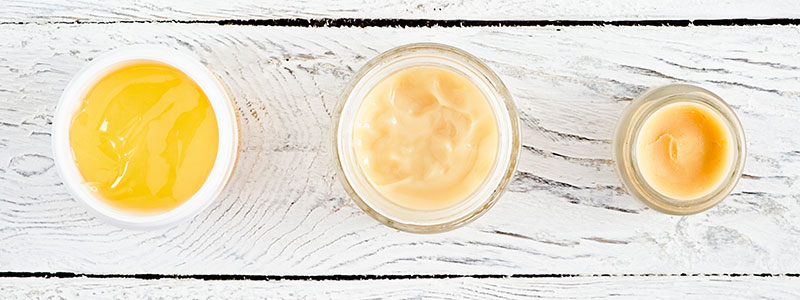
Disadvantages and Concerns
While most people do not experience allergies to silicone, it is added to skincare and makeup products in polymeric form, which cannot be absorbed by the skin, potentially leading to issues like acne with prolonged use. The decreasing use of silicone in skincare products is also largely due to its significant environmental impact Silicone can persist in ecosystems, especially in its non-biodegradable form, challenging sustainability, and renewability principles. EU REACH restricted certain cyclic silicones, d4, d5 and d6, due to their persistence and potential for bioaccumulation. EU REACH is increasingly strict about silicone, forcing the skincare industry to reconsider its choice of raw materials that are more environmentally friendly.
Sustainable Alternatives
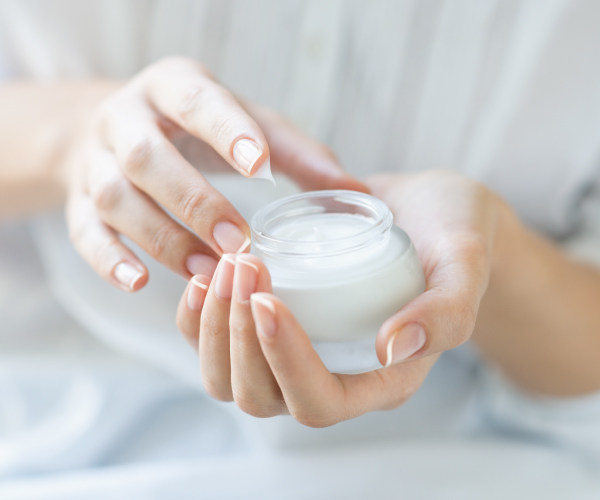 In the search for sustainable alternatives to silicone, the personal care industry is exploring various natural and biodegradable materials, such as plant oils, fatty alcohols, and botanical extracts. These materials are environmentally friendly and can provide similar skincare benefits compared to silicone in many cases. With ongoing research and technological advancements, more sustainable alternatives, such as VAVSLight by EFP Biotek, have entered the market, meeting consumers' dual demands for eco-friendly and effective skincare products.
In the search for sustainable alternatives to silicone, the personal care industry is exploring various natural and biodegradable materials, such as plant oils, fatty alcohols, and botanical extracts. These materials are environmentally friendly and can provide similar skincare benefits compared to silicone in many cases. With ongoing research and technological advancements, more sustainable alternatives, such as VAVSLight by EFP Biotek, have entered the market, meeting consumers' dual demands for eco-friendly and effective skincare products.
DKSH presents VAVSLight by EFP Biotek, the perfect sustainable alternative to volatile silicones. This is an upcycled ingredient manufactured from food-grade olive from Europe.
Volatility is a crucial factor that contributes to the excellent and light skin feel. VAVSLight is more volatile compared to Cyclopentasilonane and Dodecane.
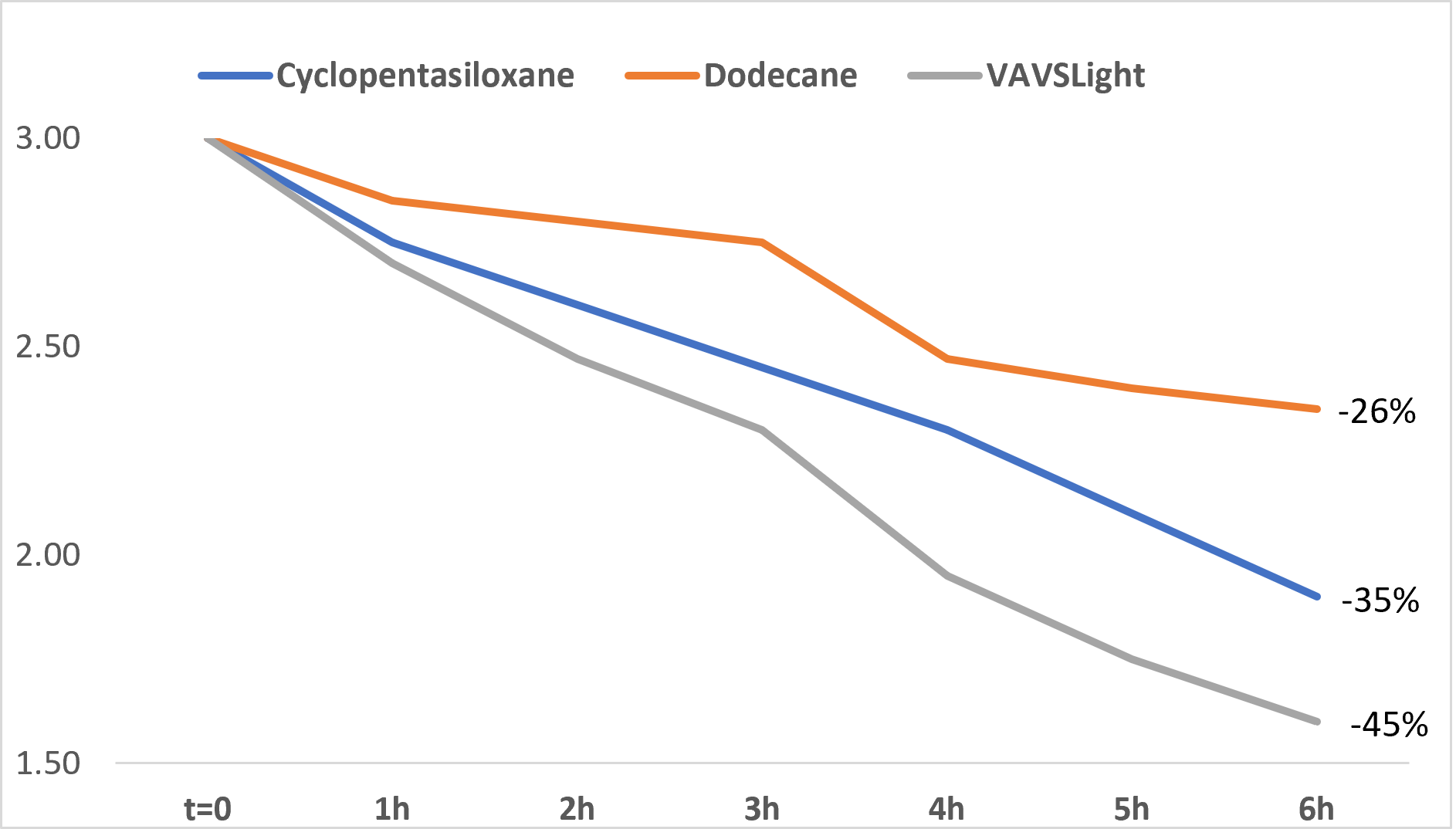
Conclusion
Silicone's role in the personal care industry is undeniably significant. It offers unparalleled benefits in terms of product performance and consumer experience. However, the industry must address the environmental and health concerns associated with silicone use through innovation and adherence to regulatory standards. VAVSLight by EFP Biotek is the ideal example of an alternative to silicon for the industry.
DKSH Performance Materials is at the forefront of sustainable solutions, providing expertise in legal compliance, innovative formulation, and eco-friendly ingredient sourcing. Partner with us to navigate the evolving landscape of personal care, ensuring your products meet both regulatory standards and consumer expectations for sustainability and safety.


